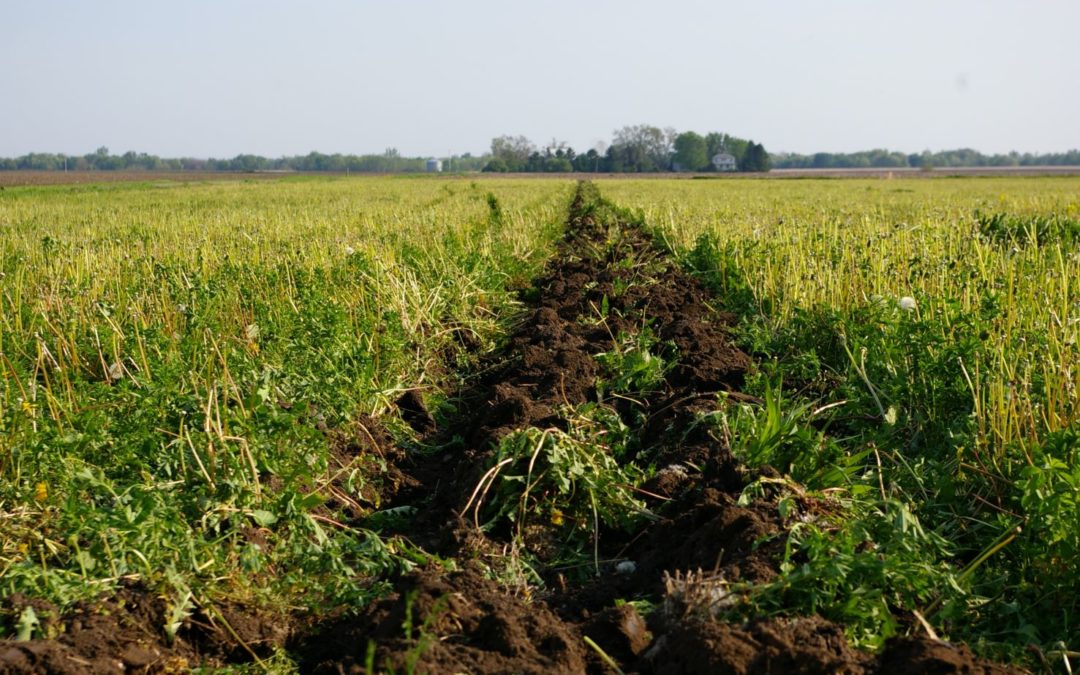Last night Maryland Public Television aired a documentary entitled, “Kent County’s Storied Landscape: Place – Past and Present.” Since I have three generations buried in Kent County and my husband hails from Chestertown, the county seat, we watched eagerly for glimpses of home.
We were not disappointed. But while there were stunning shots of the pastoral county, bounded on one side by the Chesapeake Bay and the other by the Chester River, the program wasn’t just focused on agriculture and crabbing — far from it. Researchers turned over the pretty “postcard” in search of a cultural landscape that had been shaped over the course of a 400-year history by interactions between English colonists, indigenous peoples and enslaved Africans.
Artifacts from those interactions emerge in the county’s rich soil.
In one scene, an archeologist explains that clues to long-gone structures, including African American churches and school houses, are not found in the “plow zone,” that is, the six-inches or so of earth that is regularly tilled. Rather, the secrets are buried underneath, in a substructure that continues to define the texture of county life lived above — for good or for ill.
The plow zone intrigues me. Most of us live our lives pretty much in the present and on the surface of things, giving little thought to what came before or lies beneath. But there’s a problem with that kind of living. We don’t understand what drives us. Nor are we cognizant of the source of our anger, the roots of our bitterness, our anxiety and fears. The unexamined life in the plow zone ultimately becomes depleted — and defeated. Nothing new can grow.
Years ago, the wife of a minister friend of mine was dying of cancer. Once when I inquired about her, Will said, “Suzie is dealing with the deeper sins.”
I looked at him quizzically. What did it mean for a godly woman in her sixties, who had been a sincere Christian for decades, to be dealing with deeper sins?
Now I have an answer. Suzie was going below the plow zone. That’s where attitudes and prejudices, cultural expectations and expressions, and where past abuse and other “sins of the fathers” abide. If left unknown and unchecked, they leech up into the topsoil and show up in behavior that is hurtful to ourselves and others. It is one thing for individuals to live uncomprehendingly on the surface, but when whole communities live that way, dangerous weeds infest the ground. Overtime society goes haywire.
The Trinity Forum recently reran a podcast entitled, “Public Faith in Polarized Times.” It featured a conversation between three pastors about how the church must resist the forces of polarization present in culture. A common concern was the shallow, individualized faith of the American church. When Christian identity is shaped more by unacknowledged cultural norms than by the good news that Christ is calling disciples from all nations, tribes and tongues, the church will splinter into bitter tribalism along with everybody else.
The corrective is to plow deeper. In the words of Mark Labberton, president of Fuller Seminary, “we haven’t actually allowed the gospel to address the substructures of our life in our perceptions, in our compassion, in our recognition and imagination, the plausibility structures we live in, in our response to suffering and injustice.”
This is probably what Jesus was referring to when he accused the Pharisees of “tithing mint and dill and cumin” while neglecting the weightier matters of the law. What are the weightier things? Justice, mercy and faithfulness. “These you ought to have done, without neglecting the others.” Matt. 23:23.
We can (and should) deal with our “top line” sins, but there is a time and place for getting to the core of things. How’s your justice coming along?
Photo by Chad Stembridge on Unsplash

